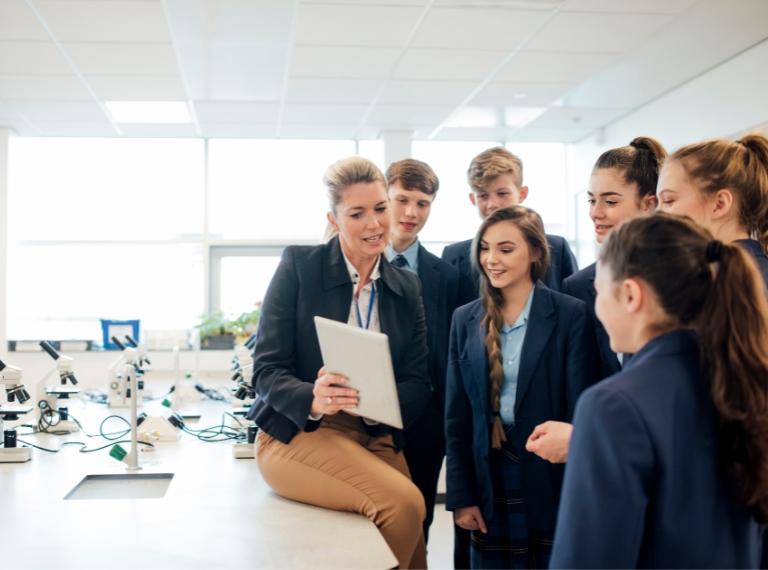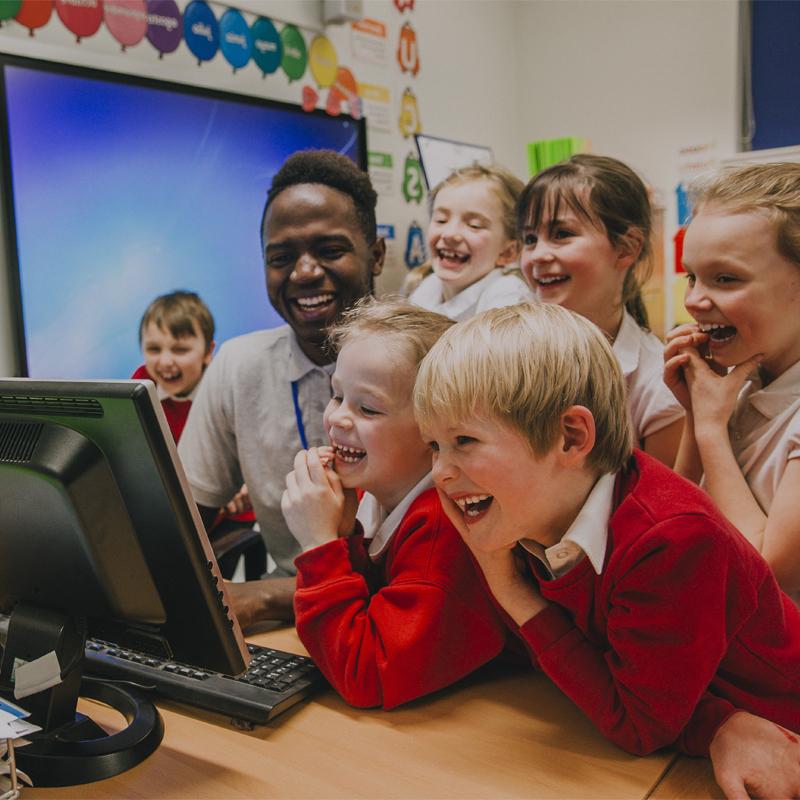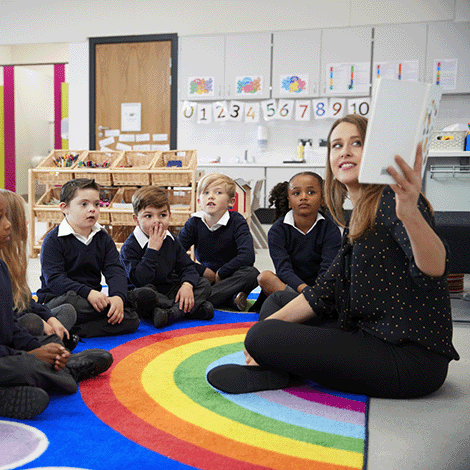Teacher lesson observations have changed. They have been an important feature for the majority of schools since becoming a key part of the Ofsted inspection process when it was founded in 1992.
They no longer award a grade for the quality of teaching for individual lessons visited and they do not expect schools to use the Ofsted evaluation schedule to grade teaching. Ofsted inspectors may not stay for a whole lesson, it may be more of a 'walk through' approach to observations, and there is much more of an emphasis on the impact of teaching over a sustained period of time.
Ofsted did update the Education Inspection Framework in 2019 (and again in 2023), placing a stronger emphasis on the curriculum, its intent, implementation, and impact. Teachers need to be prepared to know all three, as students may be asked what the intent is for the subject - especially if a subject is being deep dived.
What to expect
As we are aware, teaching varies from day to day and lesson to lesson, so observations only provide a snapshot. With that in mind, it's easy to see an observation as a threat, however you need to keep in mind that observations have always been focused on seeing how the class are learning, not how you're teaching.
Try to focus more on the feedback than the grade given. Some teachers ask for feedback first, as it is the feedback which will help you improve. If you're nervous about the observation, the minute you hear your grade, it's easy to breathe a sigh of relief or start panicking, neither of which are productive states of mind to absorb feedback.
For example, if you are told there was ‘not enough questioning' evidenced, it‘s easy to feel like that is a personal attack on your skill. But you need to consider what this means, and remember the observer is basing this on evidence from the lesson and feels that telling you this would help drive learning forward. Any criticism is ultimately aimed at pushing learning further.
Good quality feedback provides a real-time form of CPD which is not done to you, but with you, and by taking time to understand the feedback given, and act on it, you can get some great opportunities to focus your development as a teacher.
Here are some key things to think about when preparing for an observation, from some of the most experienced teachers we work with.
Think about what the observer is looking for
It may be that the observer will specifically say what they are looking for, but if not, ask them in advance if there is anything that they are particularly keen to see, perhaps how you promote peer assessment, or how you check understanding, and use this information to inform your planning.
If you've had observations before, think back to them and reflect on any feedback you received. If you're feeling nervous, make sure you focus on the positives, and remind yourself of your strengths, rather than just looking at your weaknesses.
Inspectors will more than likely spend more time talking to students then they will to you as the teacher. They will want to see that students understand the sequence of learning, what the intent of the curriculum is, and whether they simply enjoy the subject.
View the lesson as part of a sequence
Observations are often not just about an individual lesson. Unless you have been specifically asked to deliver one lesson, it's important that the lesson fits into a sequence, clearly leads on from what has gone before, demonstrates planning for what will come next and shows how it all fits together.
Pupils' books are important
Pupils' books are often used as a method of assessment, and observers may be keen to look at books to see how you mark and feedback to your pupils. Before an observation, ensure that marking is up to date. There also needs to be clear evidence of the curriculum intent and sequence of learning in the work too.
You may also want to allow time in an observed lesson for next steps marking so pupils have time to review and progress.
Remember the teachers' standards
When preparing a lesson think about how the lesson demonstrates your ability to meet the criteria set out in the teachers' standards. Probably the most important point from this is to remember that every teacher is a teacher of all pupils. It is important that this is demonstrated in the planning and delivery of lessons. How are you differentiating? How are meeting the needs of gifted and talented pupils?
Plan - and have a back up
Have a clear lesson plan and ensure there are copies for the observers and any support staff in the class. Ensure resources are prepared in advance and you have spare copies. If you're using any technology, such as whiteboards, laptops etc, make sure you have a back-up plan in case IT fails you! Also have a plan for if the pupils finish the work early or if they are struggling with an activity.
Be yourself, be enthusiastic and stick to your usual teaching style. You need to feel comfortable and confident in what and how you are delivering the lesson.
Be very clear about the lesson objectives
Let the pupils know what they will be able to do by the end of the lesson. Be realistic about the lesson objectives and how much can actually be achieved in one lesson. Ensure that you can assess, by the end of the lesson, whether these objectives have been met through defined success criteria.
Make sure it's clean, tidy and is conducive to a good learning environment. Are the displays current and do they reflect the pupils' learning and celebrate their achievements?
Finally, get in the right mindset
Feeling positive about an observation is sometimes easier said than done but try to use an observation as a positive experience.
Good quality feedback provides an empowering form of CPD, and by taking time to understand the feedback given, and act on it, you continue your own learning and development as an education professional.
Looking for a fresh start in teaching? Working with a specialist recruiter can reignite your passion for teaching, speak to one of our specialist consultants today.




